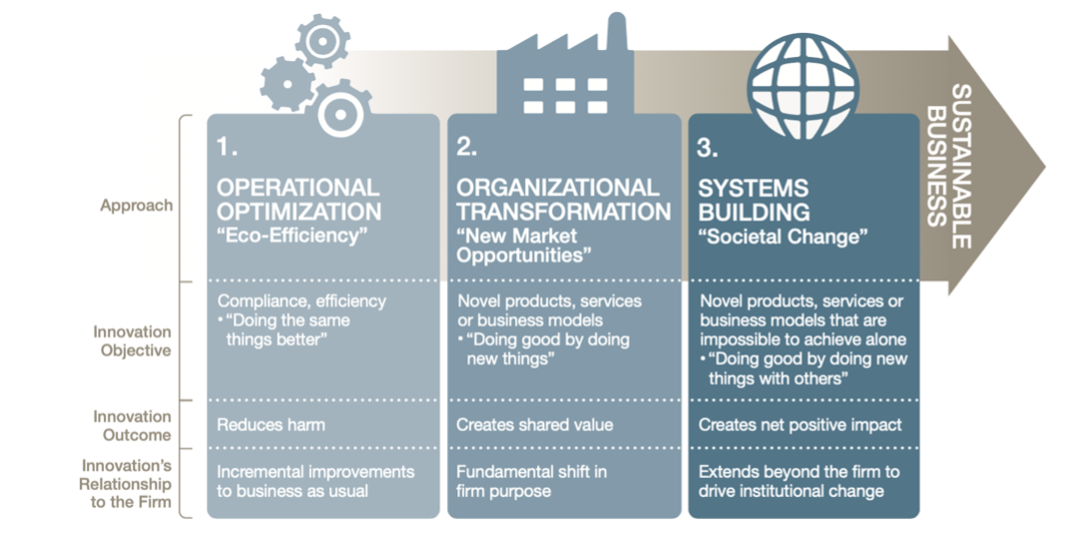While generative AI, self-driving cars and virtual reality represent the driving force of technological progress, their future environmental impact remains unclear. Outside of tech, small and large enterprises are pursuing ESG goals and taking steps to minimise their carbon footprint. All the while, energy costs and usage requisite for digital infrastructure and tech manufacturing are increasing year upon year.
As digital transformation across a variety of sectors continues to create remarkable technological advancements, it is important to take a step back and recognise the environmental impact. While businesses are prioritising sustainability goals, the energy costs and usage associated with digital infrastructure and tech manufacturing continue to rise.
For instance, according to new official figures, data centres accounted for nearly a fifth of all electricity used in the Republic of Ireland in 2022. Major tech companies like Facebook, Google, and Microsoft operate significant data centres in the country, contributing to energy consumption and associated carbon emissions.
Indeed, activity on popular social media platforms, such as Instagram, generates substantial data traffic and energy consumption. One 2020 study in France revealed that scrolling through Instagram’s newsfeed for just a minute is equivalent to driving 13 meters in a car. Now, as the user base and activity levels grow on short-form video-sharing apps, so do the energy requirements.
Innovation in the digital product sector has brought numerous benefits, but it also comes with a significant ecological cost. As such, we must encourage developers to first weigh the benefits and the output of their product.
Develop with sustainability in mind
Sustainability can be revolutionised through the use of digital tools like AI and IoT sensors. However, the crucial starting point for startup founders is the development of a strong and well-structured business model.
Innovators should focus on gaining a deep understanding of existing service gaps. By conducting comprehensive market research and engaging potential users, they can pinpoint the specific value-adding gaps in the market their product could address. The goal is to create a product that goes beyond superficial features and genuinely meets the needs of users, providing them with valuable solutions.
This is why scalable design is pivotal in sustainable development, allowing for future growth and adaptation. By building a strong foundation and designing with flexibility in mind, developers can accommodate new features and seamlessly respond to evolving requirements. Scalable designs ensure that a digital product remains relevant and compatible as technology advances and user expectations change. They also facilitate the efficient integration of additional product information, minimising the need for significant reworks or complete overhauls.
At the heart of the “lean startup” methodology is the principle of getting a product into the hands of customers as quickly as possible, eliminating wasted resources, and maximising efficiency. Then, it can be tested on real use cases, and the value of the product assessed. Internal feedback loops can be more quickly sidelined, and organisational resources can be concentrated on building and learning – allowing startups to authenticate the worth of their concept, and present a robust case for viability to potential investors.
User feedback and analysing current usage data play a vital role in sustainable development. This can be achieved by releasing a minimum viable product (MVP) which allows developers to assess user responses, understand popular functionalities, and identify areas for improvement. By capturing user insights, informed decisions around adding new features or making changes that ensure long-term app usage sustainability.
Embrace collaboration
Collaboration and knowledge-sharing among digital agencies, tech companies, and industry leaders are crucial in driving responsible innovation.
By sharing best practices, insights, and experiences, we can collectively raise the bar for sustainability standards in the digital sector. Collaboration can extend beyond industry boundaries to include partnerships with governments, researchers, and environmental organisations to foster innovation that mitigates ecological impact.
As drivers of innovation, digital product agencies have a responsibility to prioritise sustainability at every stage of development. This includes considerations such as energy efficiency, responsible data handling, user experience, and continuous improvement, and collaboration and knowledge-sharing within the sector are crucial for driving this responsible innovation and raising sustainability standards.
By integrating sustainability into the development stage of digital products, we can contribute to a healthier and greener startup environment. The digital sector must embrace responsible innovation and create a positive impact on our planet through technology.
By prioritising the real needs of the target market, implementing scalable designs, and collaborating to share knowledge and best practices, we can build a sustainable future where technology and innovation coexist harmoniously with the environment.
Ritam Gandhi is the founder and director of Studio Graphene.
The post Achieving sustainable innovation through responsible product development appeared first on UKTN | UK Tech News.


